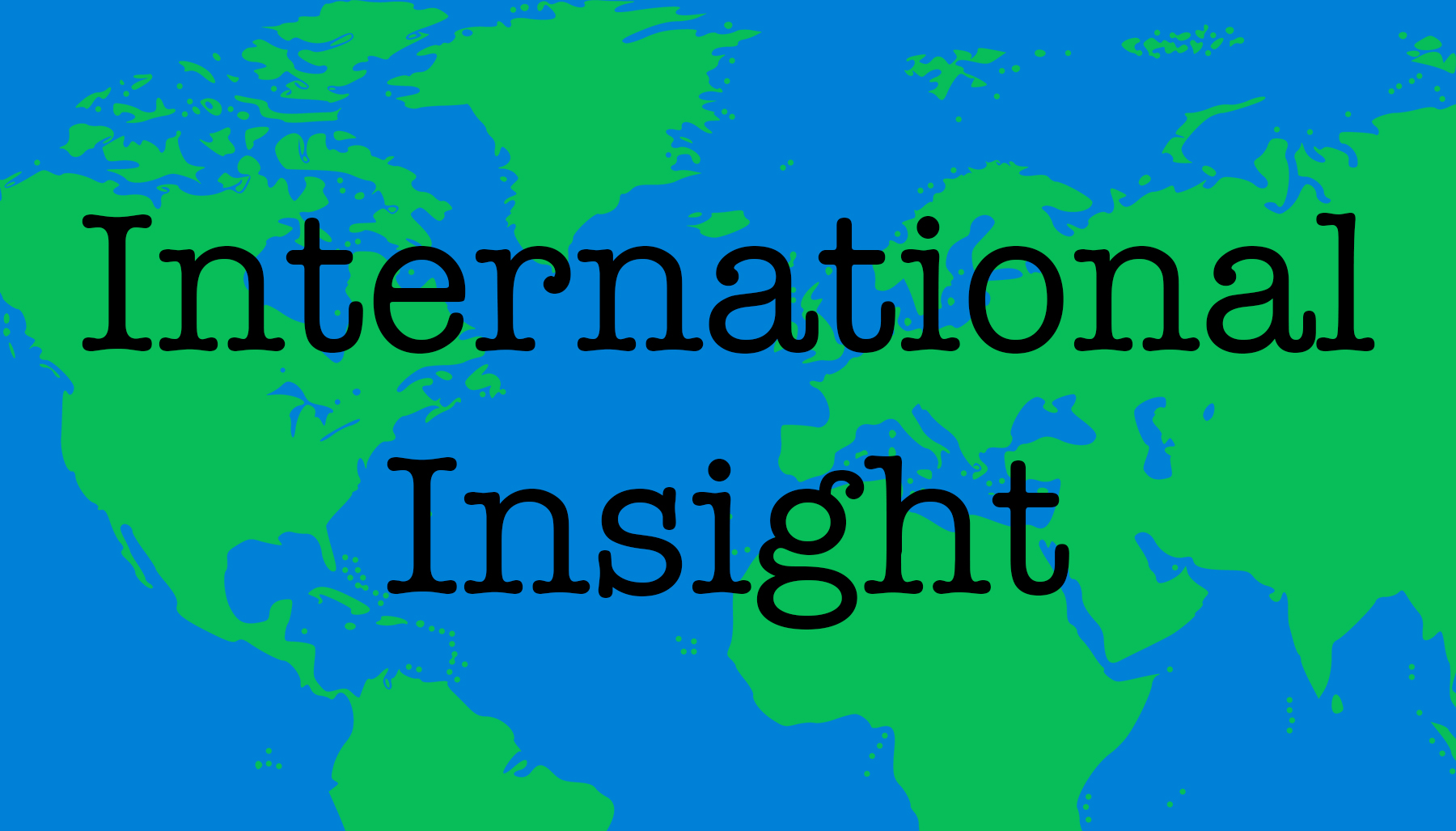
Venezuela: A tale of two presidents
By: Connor McNairn, Columnist
Venezuela, once Latin America’s richest country, is in a state of utter convulsion. Seated favorably on some of the world’s most massive oil reserves, Venezuela has a trove of natural resources. But as incumbent president and strongman Nicolás Maduro has clearly demonstrated, governing through mismanagement, corruption and brutality can squander almost any bounty.
In April 2013, Maduro won the Venezuelan presidential election just one month following the death of his predecessor, Hugo Chavez. Since his first victory, Maduro maintained a tumultuous relationship with both Venezuelans and leaders abroad as press freedoms, civil liberties and diplomatic relationships faltered in Caracas. Worse, Venezuela’s economy has suffered tremendously under Maduro’s leadership, as it has been reduced to half its 2013 status; food and medicine shortages, international sanctions and skyrocketing hyperinflation have added to the trauma.
Conventional wisdom suggests that, if conditions were so dire during Maduro’s first presidential term, there is little chance he could have won a second. He did just that, however, in May 2018.
Maduro’s re-election, which constitutes another six years in leadership, was hardly free or fair. In fact, his political opponents were so often jailed or kept from participating that most substantial opposition was quelled from the outset.
Until now.
According to the Venezuelan National Assembly (legislature), President Maduro’s re-election was corrupt, and he is therefore an illegitimate leader. Given that the Venezuelan constitution gives the assembly power to oust a president if he is deemed a “usurper,” Juan Guaidó, the leader of the assembly, declared himself president on Jan. 23.
President Maduro has thus far maintained the backing of the Venezuelan military, a critically important asset with regard to maintaining governmental legitimacy. In fact, at the direction of Maduro, the military has actually blocked foreign aid in the form of medicine, food and other supplies from entering the country.
Although Maduro presently maintains the support of his military, Guaidó benefits from a potentially larger and more important support system: the international community.
Shortly after declaring himself president, Guaidó received support from a wide gamut of international leaders, including President Donald Trump, Spanish Prime Minister Pedro Sanchez, UK Foreign Minister Jeremy Hunt and many, many others. Just about all of Europe, Canada, and the U.S. backed Guaidó.
So, where does Venezuela go from here? With a populous in an obvious state of suffering, a cruel and incapable president and the world’s attention, it appears that Venezuela’s political future hinges on the actions of citizens and security forces.
If security forces, including the National Guard, physically back Maduro, the perpetuation of public protest, violence and starvation will likely be the result. But if those forces choose to support citizen uprisings, either by passively standing aside during demonstrations or actively joining in the demonstrations themselves, they are likely to drive the final nail in Maduro’s political coffin. Guaidó has even offered to grant deserting soldiers amnesty if they break with Maduro.
Only time will tell of Venezuela’s fate, as some variables remain fairly unpredictable. One thing, however, is unmistakably clear: the human suffering that has embroiled the people of Venezuela is a tragedy that will scar Latin America and the greater international community for decades to come.


Hemen Bilgi Alın. Yüksek Kalite ve Ekonomik Kompresör. İndirimi Kaçırmayın.